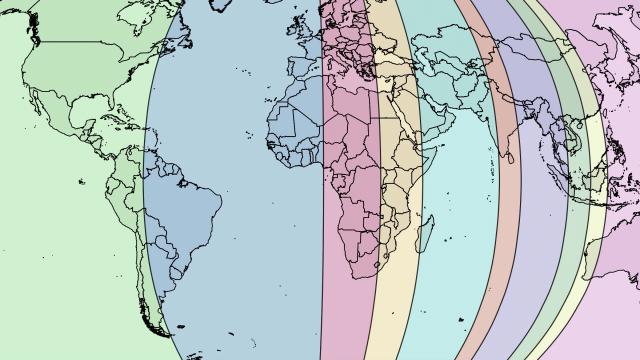Conspiracy theories: Why more educated people don’t believe them

For some, conspiracy theories are just a fun way to spend Sunday night watching John Oliver. For others, conspiracy theories form a worldview that can be dangerous for the general public. Consider, for example, beliefs in conspiracies about vaccination, or such connected to certain ethnic groups. The recent proliferation of fake news also taps in this common human tendency to make sense of complex matters by simplifying them and identifying an omnipotent actor to blame.
But what makes some of us more susceptible to conspiracy theories than others? While education seems like an obvious answer, there is more to be explained about the processes that underlie this relationship. A study conducted in The Netherlands by Jan-Willem van Prooijen examines exactly which side-effects of education lead to higher immunity to conspiracies.
Van Proijeen analyzed data collected from a representative sample of the Dutch population. The participants completed questionnaires that measured their belief in conspiracies, as well as their belief in simple solutions, feelings of powerlessness, subjective social class and analytic thinking. The results showed that feelings of powerlessness and belief in simple solutions predicted an increased belief in conspiracy theories.
Belief in simple solutions is people’s tendency to embrace relatively simplistic explanations for complex events. A higher education level increases the capacity for analytical thinking as well as the ability to detect nuances in arguments. This, in turn, reduces the belief in conspiracy theories.
Moreover, throughout their educational journey, people learn how to solve problems and develop the skills to control their external environment. As a consequence, people with higher levels of education feel more in control of their lives and experience fewer feelings of powerlessness. This makes them less likely to believe that a single actor or group of actors is controlling complex processes in a society.
“Lacking a sense of control leads to mental sense-making in the form of illusory pattern perception, that is, connecting dots that is not necessarily connected in reality (Whitson & Galinsky, 2008). These sense-making activities are central in belief in conspiracy theories, which are designed to increase understanding of a distressing situation.”
The findings of the study suggest that if we would like to live in less paranoid societies we will have to teach the members of our communities analytical thinking, provide insight that societal problems have no simple solutions, and stimulate in them a sense of control.
—





